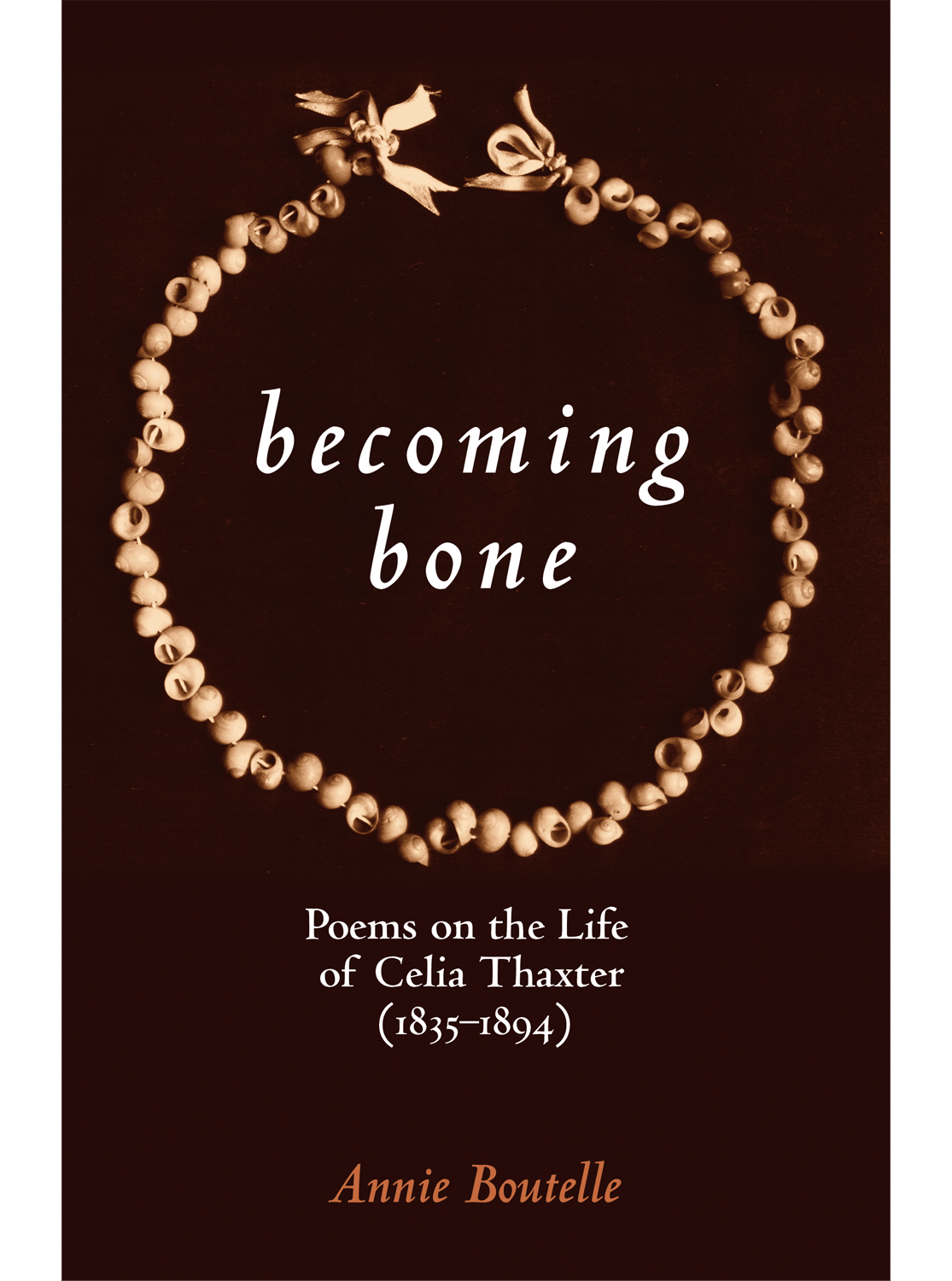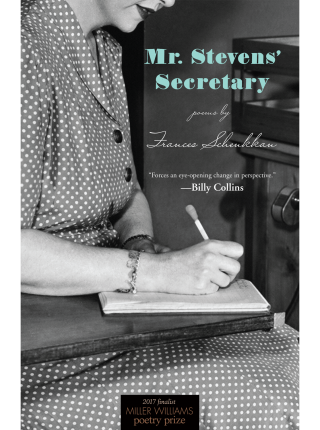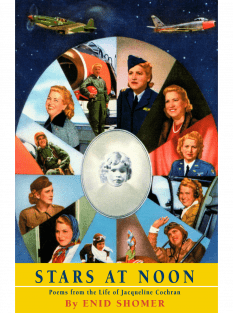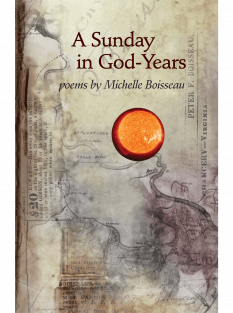In the tradition of such outstanding biography-in-poetry collections as Maurice Manning’s A Companion of Owls about Daniel Boone and Sharon Chmielarz’s The Other Mozart, Annie Boutelle’s first collection probes the layered life of one of nineteenth-century America’s most popular poets, who is now almost forgotten. The Celia Thaxter who speaks these poems disturbs the placid myth created around her public persona, and focuses on the fierce mysteries and ironies that frame her. Boutelle carefully reveals Thaxter’s childhood on the stark Isles of Shoals off the New Hampshire coast; the trap of a Victorian marriage; the struggle to invent herself as a writer and painter; her celebrated circle of friends, which included Nathaniel Hawthorne, John Greenleaf Whittier, Sarah Orne Jewett, and Childe Hassam; and the hard-won serenity of her last decade. At the fringes of Thaxter’s life a wider world clamors, particularly with the onset of the Civil War. At the center rests a quiet, almost elliptical silence.
Like fine champagne, these poems ravish. Clear, airy, crystalline, they move us into an elemental world where “nothing is left but water, / air, and the uncertain space between.” The spare language resonates. With restraint and lyric tenderness, Boutelle leads us toward a woman who shifts from pose to necessary pose, who survives in these pages with intelligence and grace: “The grave / flesh melts. What’s left / is light as bone.”
Annie Boutelle is a senior lecturer at Smith College, where she founded the Poetry Center. She was a finalist for the 1999 Walt Whitman Award from the Academy of American Poets, the 2000 Kathryn Morton Award, and the 2002 Philip Levine Prize. Her poems have appeared in a number of journals and magazines. She is the author of Nest of Thistles, and lives in Florence, Massachusetts.
“Like whaler’s scrimshaw, images incised on shell and bone, Annie Boutelle’s lines seem etched, indelible—a laser-like intensity transmuting the most intractable materials. In a language spare, exact, essential as necessity itself, ‘past flattering chatter, hypocrisies lush as weed on harbor rock,’ Annie Boutelle tears aside the flowery veils of feminine concealment of another age, to give voice to the inner life of an islanded soul, the nineteenth-century writer Celia Thaxter.”
—Eleanor Wilner, author of The Girl with Bees in Her Hair and Reversing the Spell: New and Selected Poems
“This is a magnificent secret history—of a time we now know very little, in spite of its closeness, and of a remarkable spirit who lived in that time and is now forgotten. The poems are stark, original, lovely, the poetic knowledge terrific. I am convinced that Annie Boutelle is Celia Thaxter; only she (Annie) will not be forgotten. Read this fine book.”
—Gerald Stern, author of Everything is Burning and American Sonnets
“Annie Boutelle has chosen, in a reimagining of Thaxter’s own voice, to dramatize hints, silences, and the sea. White spaces surround these suggestive poems like the waves crashing around a lighthouse—or as Boutelle writes in Thaxter’s persona, ‘winds haul themselves, weeping, / against its flanks.’ The sorrows and victories of Thaxter’s life are conveyed with sensual, sonorous richness and yet understatement. To the very few effective poems about childbirth I know, I would add Boutelle’s three brief, intense poems here about the birth of each of Thaxter’s children. After the death of her husband, she is pictured ‘wrapped // in mourning, a thick black / speck on an unwritten page.’ And yet, if much of her inner life—like that of so many women (some of them writers)—went unwritten for a time, Becoming Bone has redressed the blankness with empathy, depth, and a keen intelligence.”
—Mary Jo Salter, author of Open Shutters: Poems and A Kiss in Space: Poems




